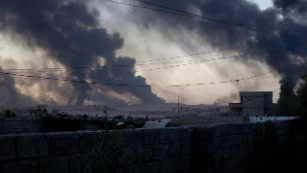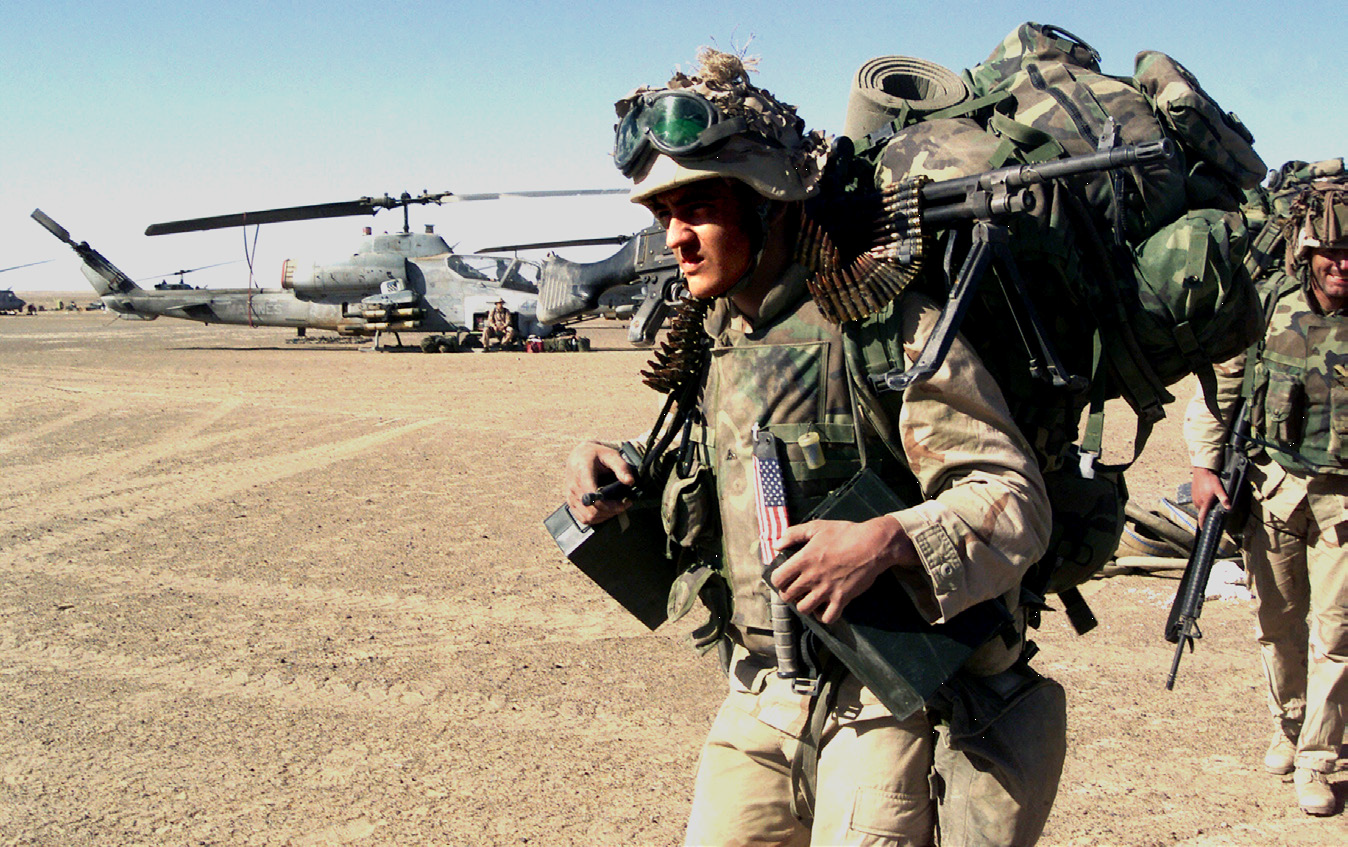This is the same guy who defended Jihad as ‘Legitimate Tenet of Islam’.
John Brennan: The President’s strategy is absolutely clear about the threat we face. Our enemy is not “terrorism” because terrorism is but a tactic. Our enemy is not “terror” because terror is a state of mind, and as Americans we refuse to live in fear. Nor do we describe our enemy as “jihadists” or “Islamists” because jihad is a holy struggle, a legitimate tenet of Islam, meaning to purify oneself or one’s community, and there is nothing holy or legitimate or Islamic about murdering innocent men, women, and children. More here.
CIA director fretted his vote for communist
CNN:John Brennan on Thursday recalled being asked a standard question for a top security clearance at his early CIA lie detector test: Have you ever worked with or for a group that was dedicated to overthrowing the US?“I froze,” Brennan said during a panel discussion about diversity in the intelligence community at the Congressional Black Caucus Foundation’s annual conference. “This was back in 1980, and I thought back to a previous election where I voted, and I voted for the Communist Party candidate,”Brennan was responding to a question about barriers to recruiting diverse candidates for the intelligence fields, including whether past records of activism could hurt someone applying for a clearance later in life.The CIA director said the agency’s mission is to protect the values of the Constitution — which include free speech.“We’ve all had indiscretions in our past,” he said, adding neither some drug experimentation nor activism was a non-starter. “I would not be up here if that was disqualifying.”He proceeded to tell the story of his test.“I froze, because I was getting so close to coming into CIA and said, ‘OK, here’s the choice, John. You can deny that, and the machine is probably going to go, you know, wacko, or I can acknowledge it and see what happens,'” Brennan said.He said he chose to be forthcoming.“I said I was neither Democratic or Republican, but it was my way, as I was going to college, of signaling my unhappiness with the system, and the need for change. I said I’m not a member of the Communist Party, so the polygrapher looked at me and said, ‘OK,’ and when I was finished with the polygraph and I left and said, ‘Well, I’m screwed.'”But he soon got his admission notice to the CIA and was relieved, he said, saying that though the agency still had long strides to make in accepting gay recruits and minorities, even then it recognized the importance of freedom.“So if back in 1980, John Brennan was allowed to say, ‘I voted for the Communist Party with Gus Hall’ … and still got through, rest assured that your rights and your expressions and your freedom of speech as Americans is something that’s not going to be disqualifying of you as you pursue a career in government.”
By the end of his life he had become a lonely Communist stalwart in a post-Communist world. Those who sought him out for interviews at party headquarters on West 23rd Street in Manhattan found a genial white-haired man presiding over ”a museum of history,” as he put it. Pictures of his family shared space with a portrait of Lenin (a gift from Leonid I. Brezhnev); a wood sculpture from Fidel Castro and a tapestry of Karl Marx, courtesy of Erich Honecker, the former leader of East Germany.
”The struggle between those who own the wealth and those whose labor produces the wealth is one flaw in capitalism that will lead to socialism,” Mr. Hall said in 1996, repeating the familiar Marxist formulation.




